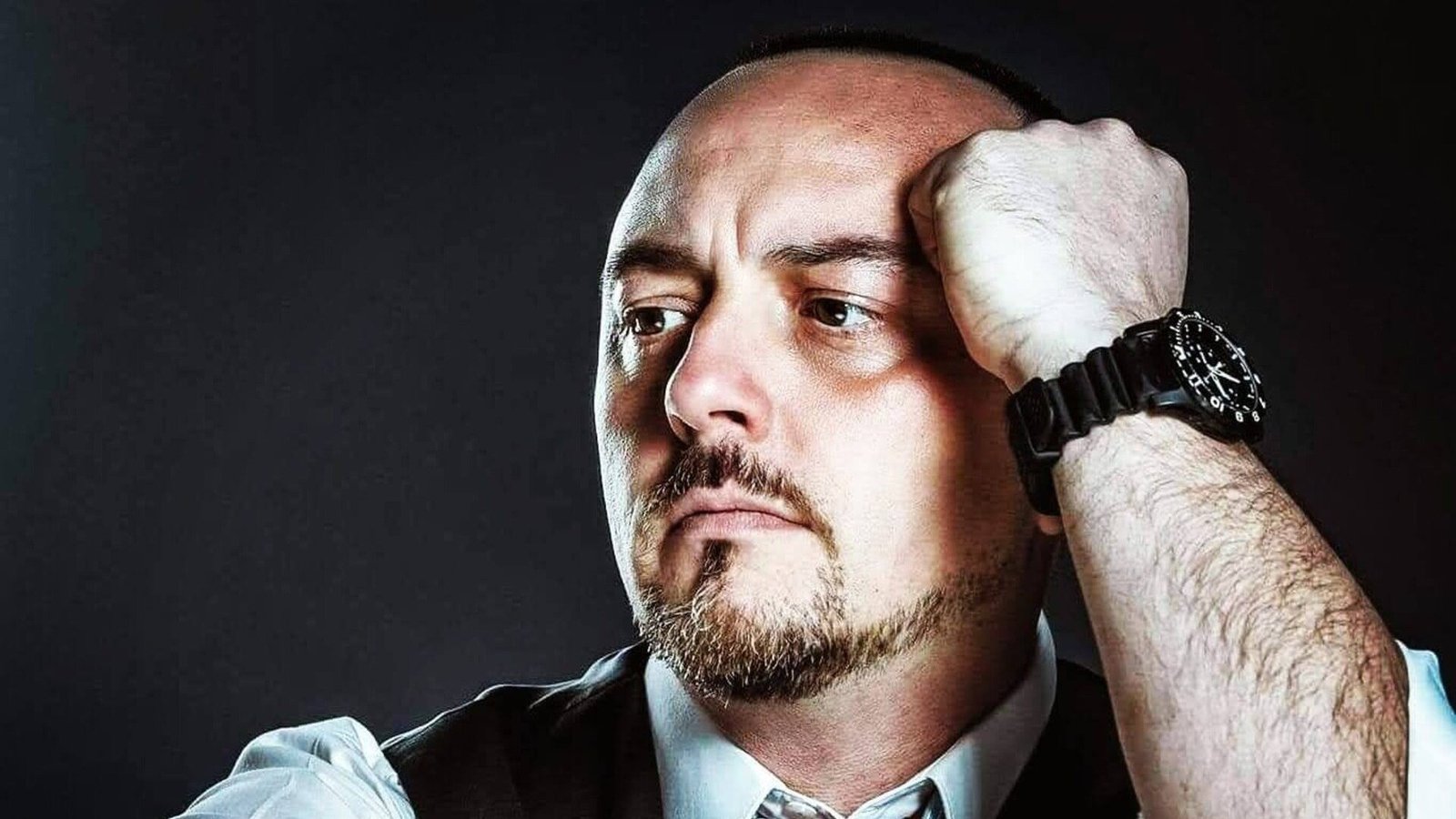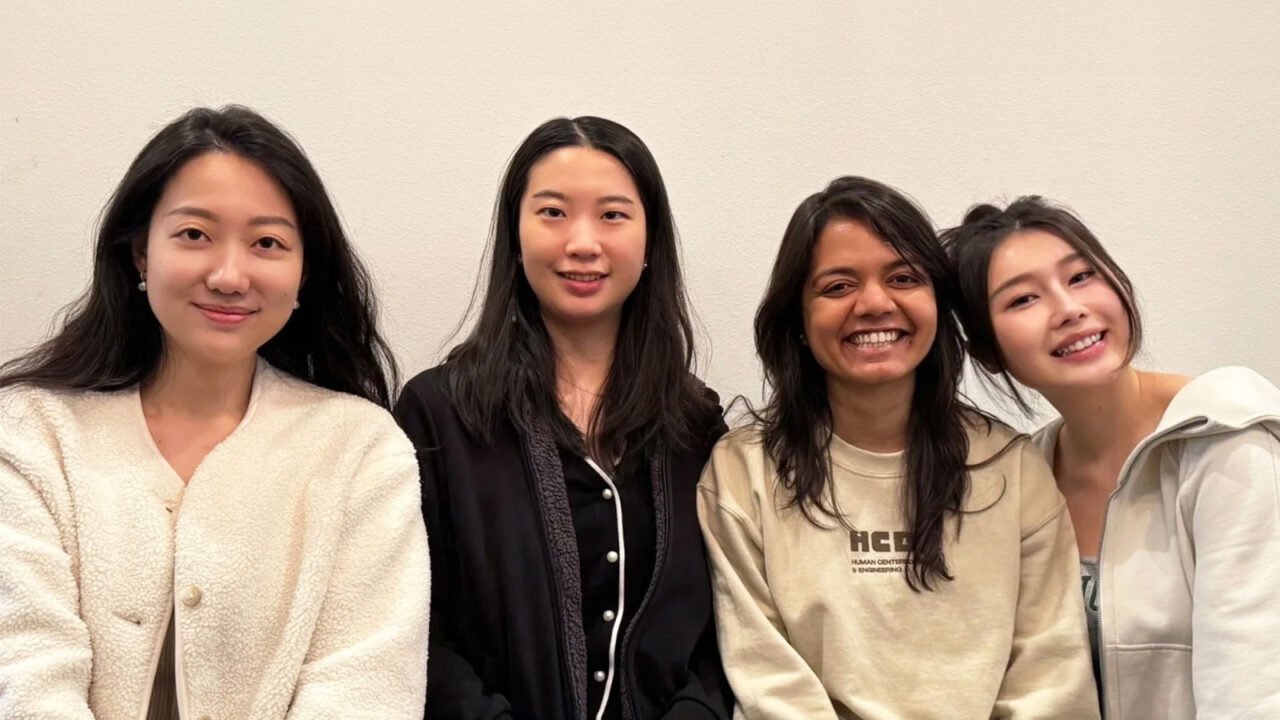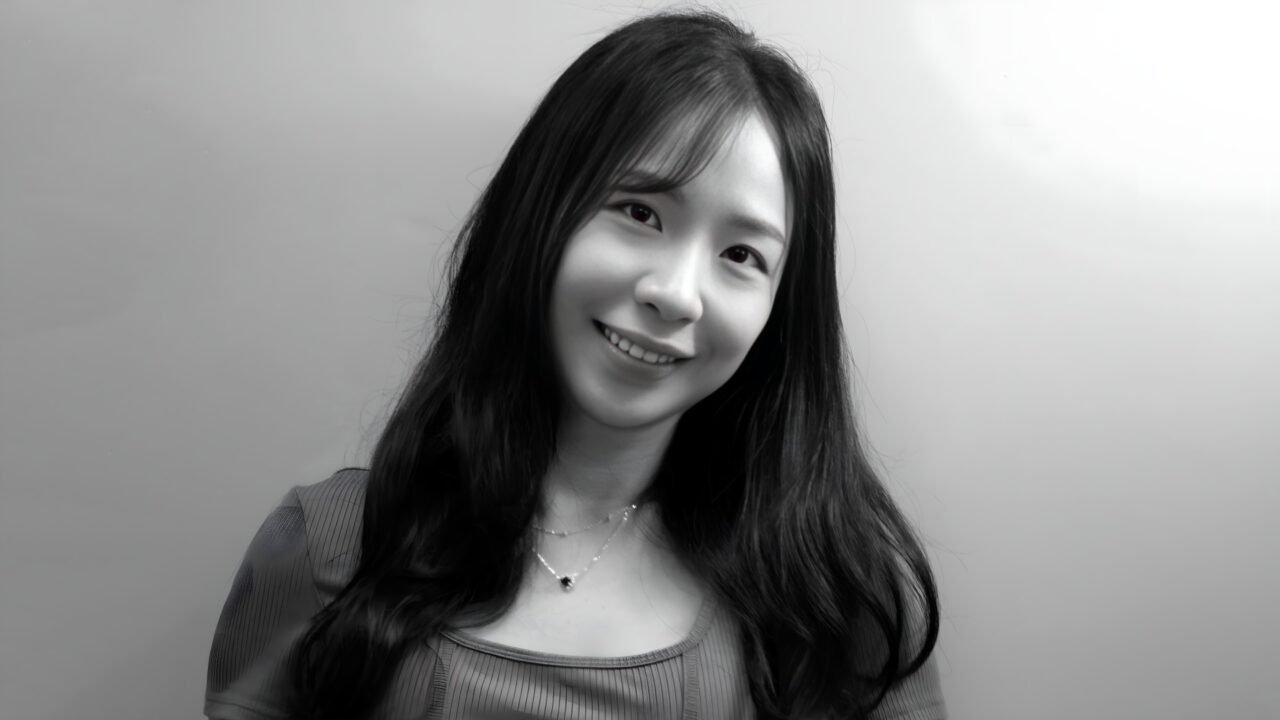
Making Healthcare Business Smarter: Insights from Meghana Bhimavarapu
May 12, 2025
History, Science, Culture: All in Minutes by Jim Connors
May 12, 2025
Narendra Maddukuri | Noble Business Awards
Narendra Maddukuri
Narendra Maddukuri is a Senior Development Engineer at Centene Corporation with over 12 years of experience in enterprise architecture, specializing in AI, automation, and low-code platforms to modernize systems across healthcare, insurance, and public services. His work reflects a strong commitment to using technology for social impact, driving innovation that empowers communities and improves public health infrastructure.
I'm Narendra Maddukuri, a Senior Development Engineer at Centene Corporation, one of the nation’s leading healthcare enterprises. With over 12 years of experience in enterprise architecture, I focus on leveraging AI, automation, and low-code platforms to modernize complex systems—particularly in healthcare, public services, and insurance.
Beyond technical delivery, I’m passionate about using technology for good—whether it’s empowering underserved communities, optimizing public health systems, or enabling data-driven decision-making. This recognition inspires me to continue innovating with purpose.
Thank you again for this incredible honor!
Winning this award was truly a humbling and exhilarating moment. When I first received the news, I felt a deep sense of gratitude—gratitude for the journey, for the people I've collaborated with, and for the opportunity to make a real impact through technology.
Personally, this recognition is incredibly meaningful. It validates the long hours, the hard decisions, and the vision to use technology not just to build systems—but to solve real problems that affect people’s lives. It’s a reminder that when innovation is guided by purpose, it resonates far beyond the code.
Professionally, it reinforces my commitment to pushing boundaries and leading with integrity. It also inspires me to mentor others and contribute even more actively to shaping solutions that are ethical, inclusive, and future-ready.
What inspired me to submit was the very mission of the Noble Business Awards—celebrating leadership, innovation, and impact. Over the years, I’ve been fortunate to lead several transformative projects that not only pushed the envelope technologically but also created real-world outcomes in healthcare and public service. I felt it was the right platform to share that story.
What gave me confidence was the holistic value of the work we’ve done. My submission wasn’t just about launching applications—it was about solving complex challenges: streamlining government services, improving healthcare delivery, enabling financial accuracy in pharmacy benefits, and modernizing legacy systems with AI and automation.
I also emphasized outcomes: measurable efficiency gains, reduced error rates, improved compliance, and the scale at which these solutions operate—often supporting thousands of users. The fact that these innovations were recognized in healthcare publications and adopted at the state and national levels added credibility.
More than anything, I believed in the human impact behind the code—and I think that’s what made it resonate.
Absolutely—one major turning point in my career was when I transitioned from being a technical developer to leading architecture on large-scale, mission-critical systems for public sector and healthcare organizations.
That shift happened during my work on the Licensing and Certification System for the California Department of Public Health (CDPH). It wasn’t just a project—it was a public health imperative. I was no longer just writing code—I was designing solutions that impacted frontline workers, inspectors, and citizens across the state. The responsibility was enormous, but so was the opportunity to innovate for the greater good.
That experience reshaped my mindset. I began to see technology not just as a tool, but as a force for policy transformation, equity, and access. It inspired me to focus on platforms that blend AI, automation, and human-centered design, and to lead initiatives that marry innovation with impact.
Yes, there were definitely significant challenges along the way—both technical and organizational. One of the biggest obstacles we faced was navigating legacy infrastructure and rigid bureaucratic systems, especially in large-scale public sector and healthcare projects. These environments are complex, heavily regulated, and not always open to rapid change.
A specific example was during the development of the Enterprise Licensing System for CDPH and the Appeals & Grievances Platform for Centene. We had to modernize outdated processes while ensuring full compliance with HIPAA, state regulations, and strict audit controls—all without disrupting critical day-to-day operations.
We overcame these hurdles through a few key strategies:
We brought together stakeholders from IT, business, compliance, and field operations early in the design phase to align expectations and build trust.
Instead of a big-bang rollout, we delivered value in phases. This allowed us to test, adapt, and build confidence gradually.
We embedded intelligent automation to reduce manual work and integrated predictive insights to drive smarter decision-making—all while maintaining a human-in-the-loop model for sensitive processes.
Most importantly, we fostered a team culture of ownership, learning, and adaptability. Everyone knew we were building something that mattered—and that purpose kept us moving forward.
You're absolutely right—winning is just the beginning, and I see this recognition as a platform, not a pinnacle.
First, it strengthens credibility and visibility. It opens doors to collaborate on larger, more impactful projects—not just within my organization, but across sectors where AI and digital transformation can do real good, like public health, education, and sustainability.
I also plan to use this recognition to advocate for ethical and purpose-driven innovation. Awards like this carry influence, and I want to use that to champion responsible AI practices, promote inclusivity in technology design, and encourage organizations to think beyond efficiency—to impact.
Most importantly, I hope to inspire and mentor others—especially upcoming technologists, architects, and innovators. If this recognition helps someone else believe that they too can build meaningful systems, challenge outdated models, or lead with empathy in a tech-driven world—that’s the true win.
Participating in awards like the Noble Business Awards is much more than just aiming for a trophy. It’s a reflective and empowering experience. For me, the greatest benefit is the opportunity to step back and evaluate your journey with intention.
In the rush of delivering projects, leading teams, and meeting deadlines, we often don’t take time to fully appreciate the scope and impact of what we've built. The awards process forces you to look at your work through a broader lens—strategic impact, innovation, leadership, and social value—not just technical success.
It also gives you a chance to tell your story—to communicate not only what you’ve done, but why it mattered. That’s incredibly powerful for your own growth and for connecting with others in your industry.
Absolutely—this recognition is not just mine; it reflects the dedication, innovation, and resilience of many incredible people I’ve had the privilege to work with.
At the heart of every project I’ve led—from healthcare transformation at Centene, to public service innovation with CDPH and the Franchise Tax Board—has been a cross-functional team of brilliant minds. From solution architects and developers to compliance analysts and business leads, their collaboration turned complexity into clarity and vision into execution.
I'd especially like to acknowledge:
My engineering and architecture teams, who consistently rise to the challenge of building scalable, secure, and human-centered platforms under tight timelines and evolving requirements. Business stakeholders and domain experts, who ensure our innovations are rooted in real-world needs and compliance. And of course, mentors and leaders who trusted me with transformative opportunities and supported innovation—even when it meant breaking from tradition.
That’s a great question—and one that’s top of mind for every forward-thinking leader right now. The business and technology landscape is evolving rapidly, and I see several key trends shaping the future of our industry:
1. AI-Powered Personalization & Automation
2. Ethical & Responsible AI
3. Digital Health & Wellness Ecosystems
4. Citizen-Centric Government Technology
5. Lifelong Learning & Human-AI Collaboration
Absolutely. If I could speak to my younger self—or to anyone just starting out in tech, architecture, or innovation—I’d say:
1. Build with Purpose, Not Just Precision - Early on, I was deeply focused on technical excellence—which is important. But over time, I learned that impact matters more than perfection. Ask yourself not just how to build something, but why it matters, and who it helps.
2. Be Bold Enough to Lead Before You’re Ready - Some of my biggest breakthroughs came when I said “yes” to opportunities I didn’t feel fully prepared for. Growth lives outside your comfort zone. Step into the unknown—you’ll learn faster, fail smarter, and evolve stronger.
3. Find Good Mentors—and Be One - Don’t underestimate the power of a guiding voice or a well-timed piece of feedback. Seek out people who inspire you, challenge you, and believe in your potential—and be that person for someone else.
4. Stay Human in the Loop - No matter how advanced our systems become, empathy, integrity, and collaboration are the most powerful tools you’ll ever use. Never lose sight of the people behind the platforms.
Yes! Thank you for the opportunity. In a world increasingly shaped by automation, data, and rapid innovation, what will truly set us apart is not just what we build, but why we build it—and for whom.
Whether you’re a startup founder, a corporate leader, a public sector innovator, or a technologist deep in the trenches—never lose sight of the people your work touches. Technology is only meaningful when it uplifts lives, creates access, and leaves a lasting, positive footprint.
We’re entering an era where trust, empathy, and ethics will define long-term success far more than speed or scale. So let’s build businesses that don’t just chase disruption—but deliver dignity, inclusion, and impact.
And to everyone pushing boundaries, solving real problems, and daring to do things differently—keep going. The world needs your ideas, your resilience, and your heart.
Thank you once again for this honor, and for allowing me to be part of a community that’s shaping the future with intention.
Narendra Maddukuri
Narendra Maddukuri is a Senior Development Engineer at Centene Corporation with over 12 years of experience in enterprise architecture, specializing in AI, automation, and low-code platforms to modernize systems across healthcare, insurance, and public services. His work reflects a strong commitment to using technology for social impact, driving innovation that empowers communities and improves public health infrastructure.
Explore more insights about Making Healthcare Business Smarter: Insights from Meghana Bhimavarapu here.




